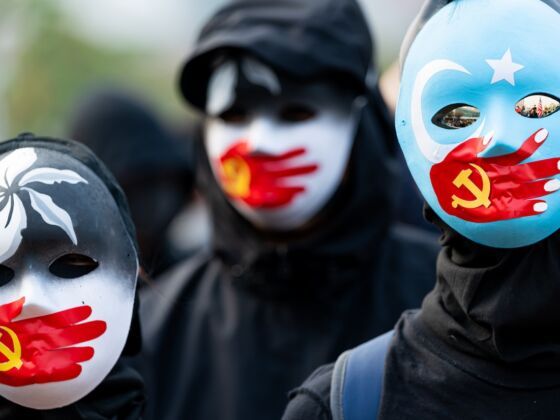I once had a university professor who I will describe as “mentally diverse.”
She was my favorite professor, although you never knew when the light was on, off, or just catastrophically-flickering as in Poltergeist.
Full of prophecies which would make a Buddha cry, she managed to turn my reality upside down like milk in a butter-making jar, shaking me from solid form, into a frothing mixture of wild ideas, random plans of action, and, well, “mental diversity.”
